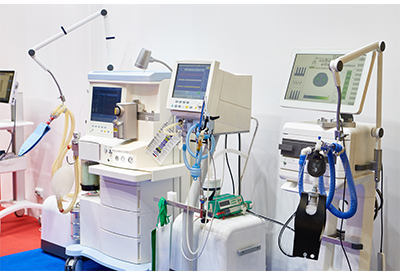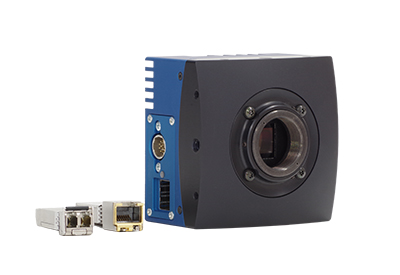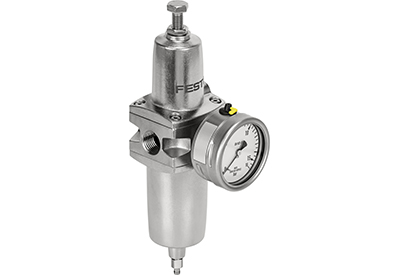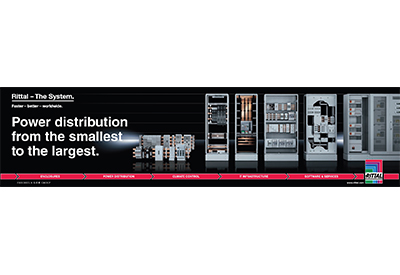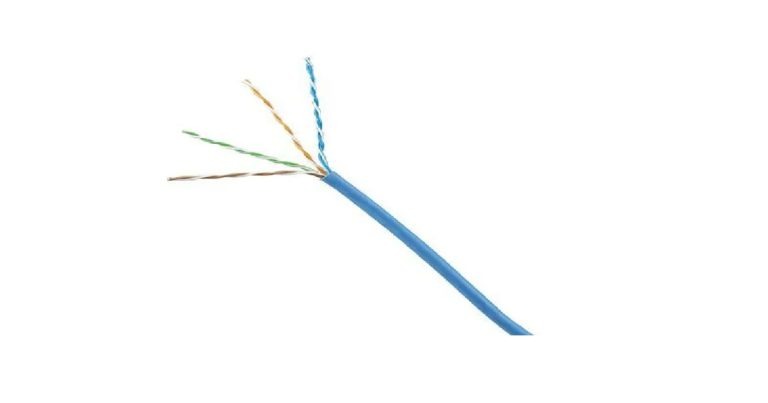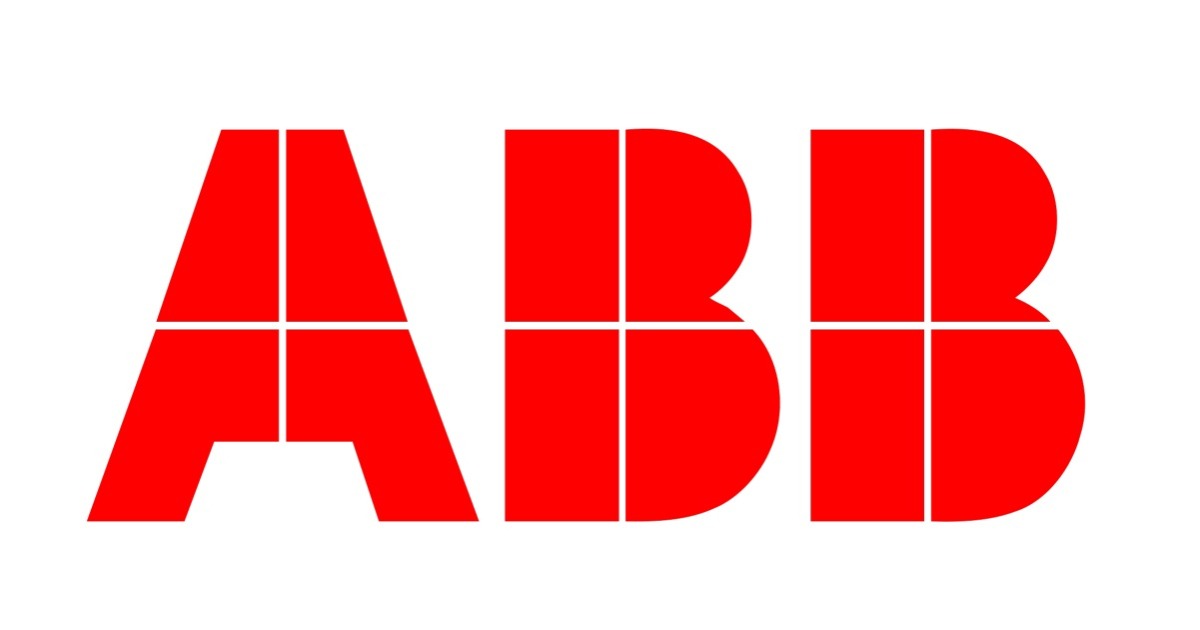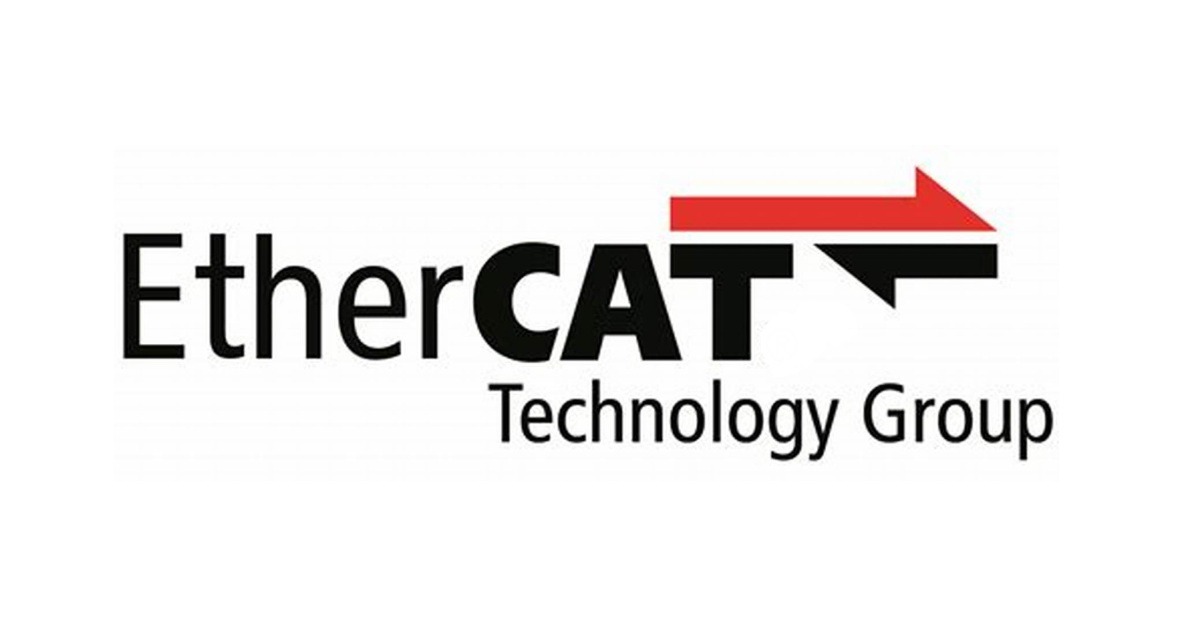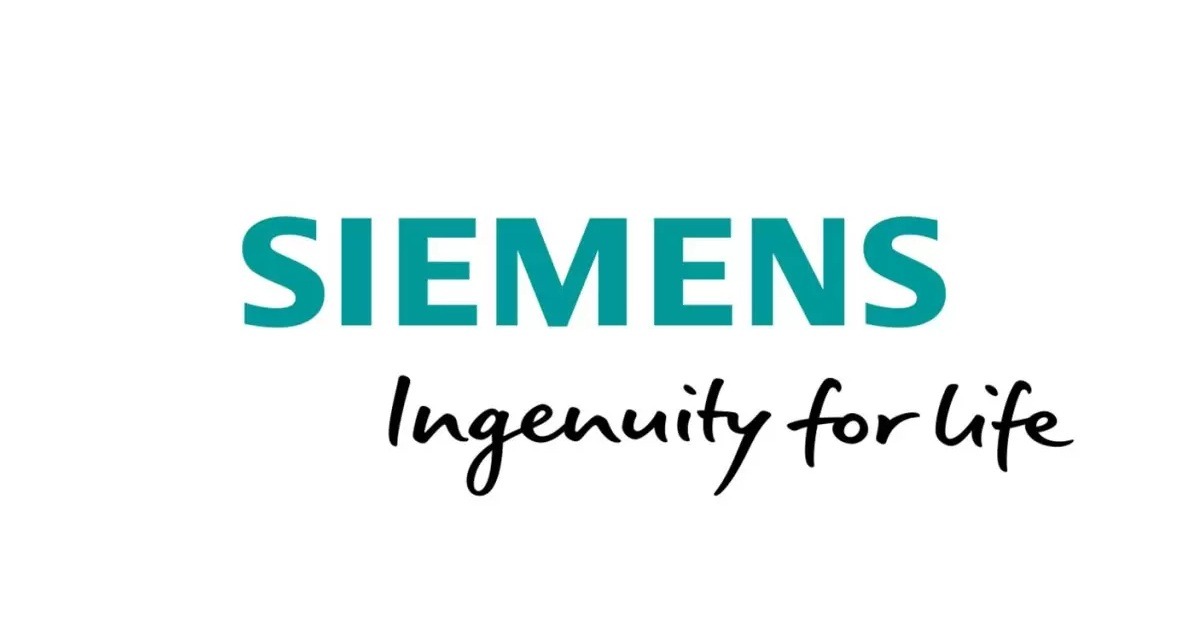New generation: Remote I/O system PSSuniversal 2 – Safety and automation right up to the periphery
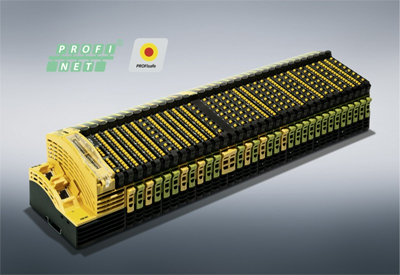
October 5, 2018
Pilz is launching a new generation of field level devices with the decentralised I/O system PSSuniversal 2. It consists of the PROFINET communication module and a selection of I/O modules. PSSuniversal 2 provides flexibility, openness and granularity in one system – for safety and automation. The merging of automation and safety functions along with both technical and mechanical improvements help users to save time and costs right from the planning phase.
Easy installation and service
The new three-part system design significantly reduces the work involved in service and maintenance: diagnostics can be performed with extreme precision in the remote I/O system. This enables errors to be located and rectified quickly. Modules can be hot-swapped. As a result the head module can be swapped without having to reconfigure. Additional benefit: it is no longer necessary to completely dismantle the system to swap the backplane.
New configuration tool helps build the system quickly
Users can build the system structure quickly and simply on screen via “drag & drop”: thanks to the new configuration tool PASconfig from Pilz. The structure is logical so users are guided through the manual installation step-by-step. This intuitive handling helps to avoid errors and ultimately saves users time. So the system can be put into service quickly and simply.
One infrastructure for safety and automation
PSSuniversal 2 processes both safety-related and non-safety-related control signals. Safety and automation are physically mixed but logically separated, so operate without feedback. In its basic function the head module communicates with PROFINET/PROFIsafe. At the next level, a communication module with Ethernet IP / CIP Safety interface and other I/O modules are added to the system.
The remote I/O system PSSuniversal 2 is a solution for tailor-made control periphery. Users can connect the remote I/Os to higher level control systems via common industrial communication protocols. The remote system provides benefits in any situation where plants are distributed over a wide area. Users can have an efficient, open and expandable system, with a module structure that meets the high demands of the automotive industry, for example.
Pilz at SPS IPC Drives in Hall 9, Stand 370. Further information at: www.pilz.de/sps-ipc-drives.

